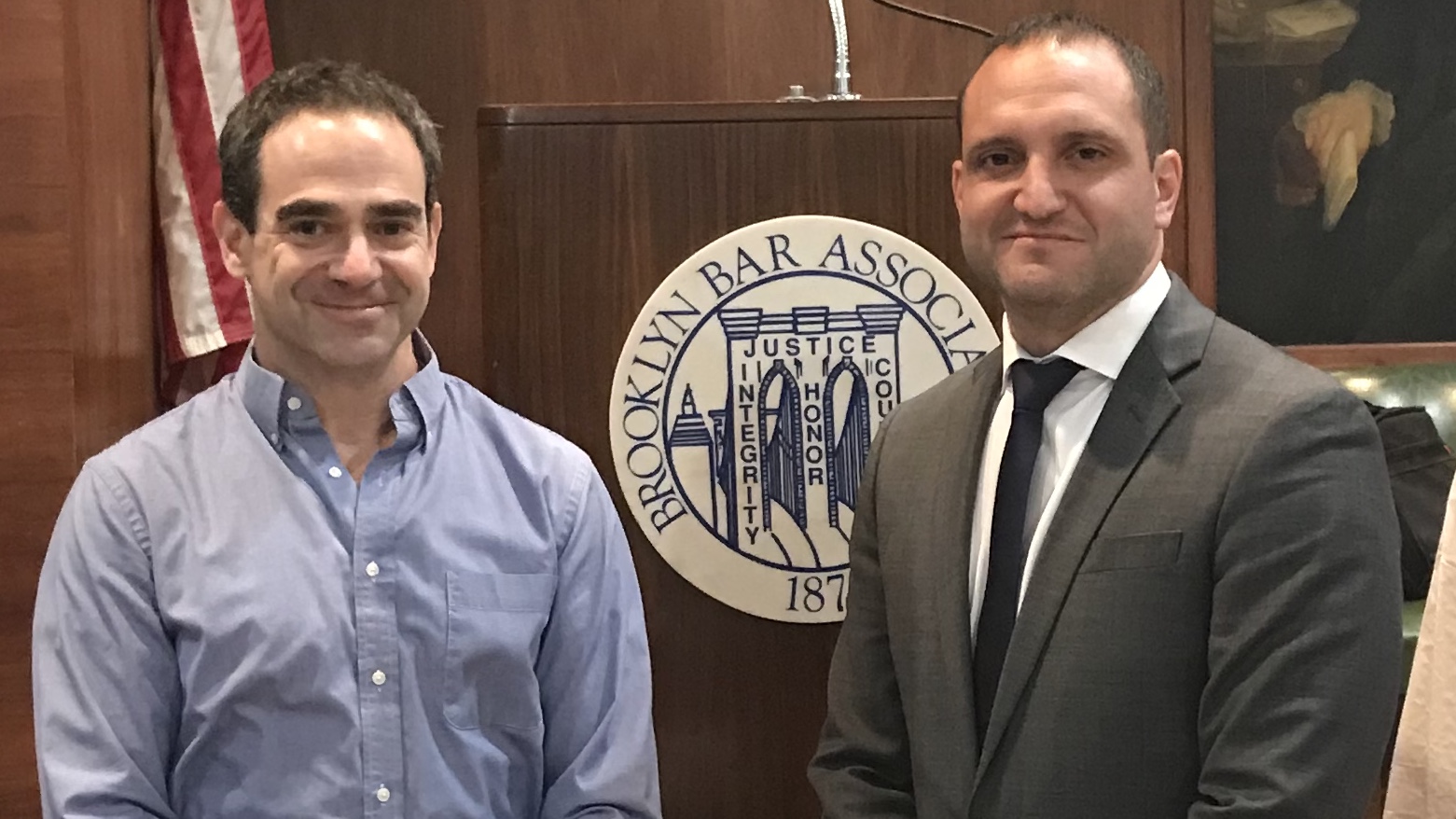Brooklyn Bar Association CLE gives attorneys cyber-security tips to protect their clients
Lecture also covers the SHIELD Act which takes effect March 21, 2020

In the era of increased risk of identity theft, the Brooklyn Bar Association held a continuing legal education seminar on Monday, Nov. 4 to ensure that local attorneys understand their fiduciary obligation to their clients when it comes to protecting their information.
Attorney Daniel Antonelli, the chair of the BBA’s Computer Technology Committee, gave a CLE with Dr. David Bensinger, from Bensinger Technology, titled, “Cyber-Security Made Simple: A Guide to Protect Personal Information and Clients’ Information from Cyber-criminals & Review of New York’s New Cyber-Security Law Requirements”.
“We tend to think of foreign countries and high-tech bad-guys as the people doing the hacking, and we tend to think of the victims as big corporations,” Antonelli said. “But the truth is that there are people right here in Brooklyn targeting solos and small firms.”

Brooklyn Boro
View MoreNew York City’s most populous borough, Brooklyn, is home to nearly 2.6 million residents. If Brooklyn were an independent city it would be the fourth largest city in the United States. While Brooklyn has become the epitome of ‘cool and hip’ in recent years, for those that were born here, raised families here and improved communities over the years, Brooklyn has never been ‘uncool’.